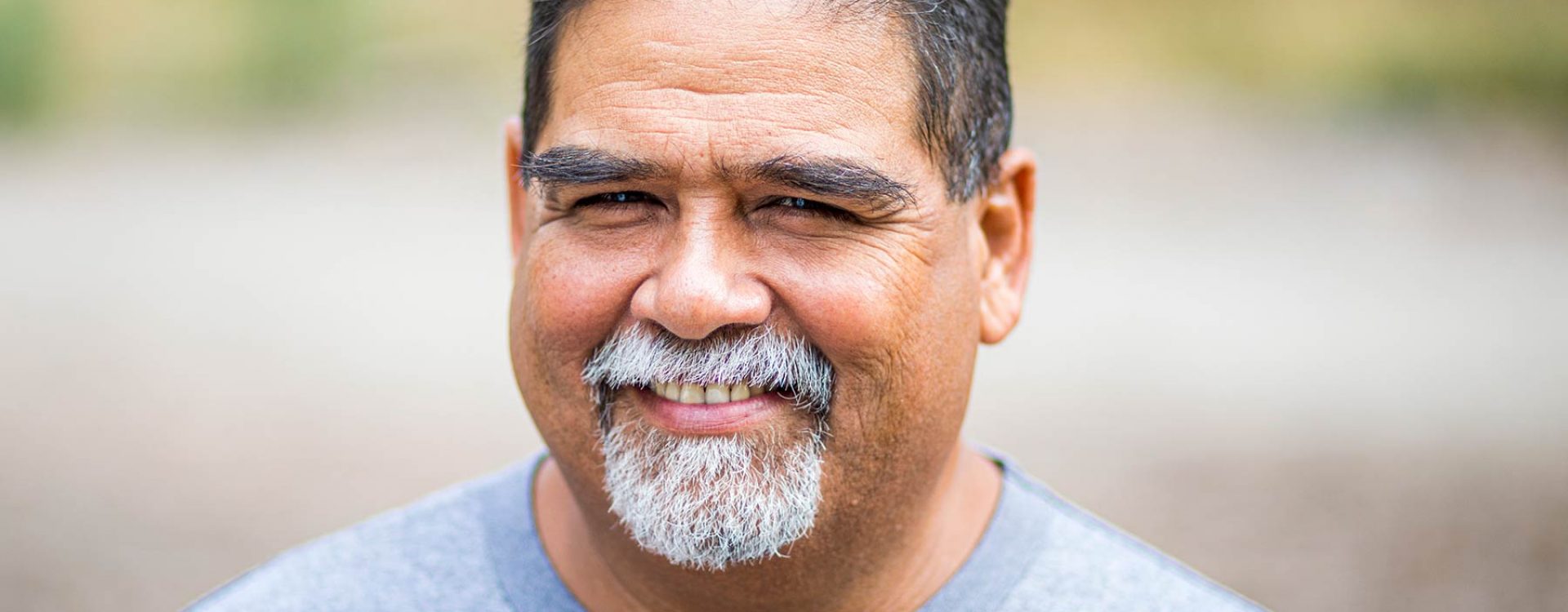If you’re a current or former smoker, getting an annual lung cancer screening could save your life. Lung cancer is an aggressive cancer and unfortunately, if not caught in the early stages, can be very serious and more difficult to treat.
Why Should You Get a Lung Cancer Screening?
Lung cancer often doesn’t cause any symptoms until it’s in more advanced stages when it’s difficult or impossible to treat or cure. Screenings can find lung cancer when it’s in earlier, and potentially curable.
New Lung Cancer Screening Guidelines
In March 2021, the United States Preventive Services Task Force (USPSTF) changed its lung cancer screening guidelines, lowering the screening age and minimum smoking history. You’re eligible for a lung cancer screening if you meet all of the following criteria:
- Age 50 to 80
- Currently smoke or have quit within the last 15 years
- Have a 20 pack-year history
What is a Pack-Year History?
Your pack-year history is an estimate of how much you’re smoked in your lifetime. To calculate your pack-year history, clinicians multiply how many packs of cigarettes you smoked per day by how many years you smoked. One pack-year means you smoked a pack a day (20 cigarettes) for one year.
If you smoked two packs per day for 10 years or one pack per day for 20 years, you have a 20 pack-year history.
Who Isn’t Eligible for a Lung Cancer Screening?
The USPSTF doesn’t recommend lung cancer screenings if you:
- Haven’t smoked in 15 years or more
- Are 81 or older
- Have a health condition that would prevent you from undergoing surgery if you are diagnosed with lung cancer
What to Expect During a Lung Cancer Screening
Lung cancer screenings are quick and pain-free. During the screening, you’ll lie on a table while an X-ray machine takes detailed pictures of your lungs. The procedure is called a low-dose computed tomography (LDCT) scan because it uses low doses of radiation.
Medicare and most insurance plans help pay for lung cancer screenings. Check with your insurance provider about your coverage.
Risks Associated with Lung Cancer Screenings
Like many medical procedures, lung cancer screenings carry some risks. That’s why they’re only recommended for people who are at high risk of developing lung cancer and healthy enough to undergo treatment if they’re diagnosed with cancer.
The most common risks are:
False-positive test results. This means the screening suggests you have lung cancer when you are cancer-free. This can lead to unnecessary follow-up tests, interventions, and/or surgery.
Increased risk of cancer. Repeated radiation exposure can increase your risk of cancer.
Overdiagnosis. Sometimes the screening can find a case of lung cancer that otherwise wouldn’t have caused problems.
How to Reduce Your Lung Cancer Risk
The best way to reduce your risk of lung cancer is to stop smoking and avoid inhalation secondhand smoke exposure and burning biofuels. You should still quit smoking even if you get yearly lung cancer screenings. If you have trouble quitting, ask your primary care provider for help. There are therapies, medications and programs that can make it easier to quit.
Ask your health care provider if you would benefit from a lung cancer screening. Find a provider near you.





